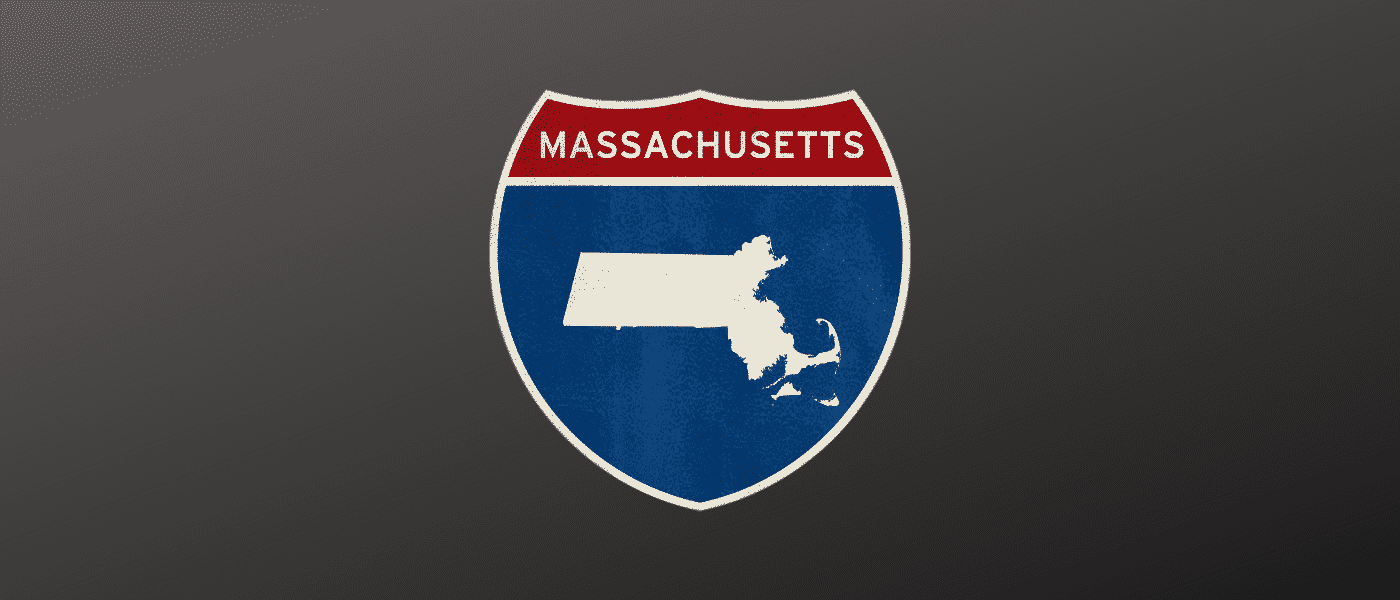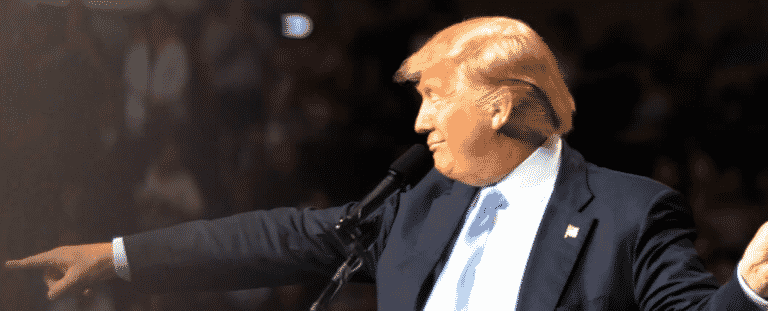Massachusetts Sports Betting Is Still Far From A Done Deal

Editors Update: Sports betting in Massachusetts was legalized in 2022, and launched in early 2023. The post below is now outdated, but remains published to document the process the state went through on it’s path towards regulation.
Sports betting has been just out of reach for Massachusetts, and following a webinar on the topic, it’s anyone’s guess if the state can reach it with an outstretched hand by the end of 2021.
Daniel Wallach kicked off the hour-long webinar with an overview of the current landscape and the existing problems preventing the Bay State from legalizing sports betting. Wallach joked how he has said this is the year Massachusetts will legalize sports betting since 2018, adding, “Hopefully I won’t be 0-4.”
Wallach gave way to Colin Young of Statehouse News, who guided the conversation with Rep. Jerald Parisella and Sen. Eric Lesser.
At one point, Young said what most viewers were likely thinking, as he offhandedly pointed to the remaining issues being hashed out in a conference committee next summer. Neither of the legislators so much as batted an eye at that timeline, let alone disputed it.
The Lost Opportunity
In his monologue, Wallach called Massachusetts an “ideal market to legalize sports betting” because of the state’s rabid fan base and the enthusiasm around the local sports teams.
The big question is, how many sports betting dollars are leaking over the Massachusetts border? Wallach notes that FanDuel’s Kip Levin once estimated that some 30% of its New Jersey bets came from New Yorkers. Which segued to the question, how much of New Hampshire’s sports betting business is attributable to Massachusetts? According to Wallach, DraftKings estimates that number at a similar 30%. With more money certainly leaking across the Rhode Island and now Connecticut border.
But as Wallach said, getting it right is better than getting it first, and because of its lack of haste, Massachusetts can learn from other states.
Key Issues
Wallach rattled off several issues Massachusetts lawmakers will need to deal with:
- Who gets to operate sports betting in the state? The lottery. Online-only operators. Kiosks at bars and restaurants – kiosks. Professional sports teams. Minority-owned businesses.
- Should online betting be coupled or decoupled from land-based operators?
- Remote or in-person registration (which doesn’t seem to be a point of contention in Massachusetts)?
- What bets should be allowed? Esports. Oscars and event betting. College sports. The Olympics.
- What level of responsible gambling safeguards, regulations, and funding should the state adopt?
Getting Massachusetts Sports Betting Right
Despite Sen. Lesser saying “it’s time to do something,” he quickly added, “the goal is to get it right, and at the top of the mind for members of the Senate are consumer protections.”
“There are a lot of elements that we’re working through,” Lesser said. “You are talking about a gambling product, and any time a gambling product has been brought up in the legislature, it’s been a long debate.”
The College Betting Sticking Point
A plurality of the webinar was spent discussing the rift between the House and Senate on college sports.
“It’s an acknowledgment that college sports are different than professional sports,” according to Lesser. “The bottom line is, right now, college athletes aren’t paid… It’s different when you’re dealing with 18 and 19-year-old unpaid athletes.”
Lesser also noted that strong unions represent pro athletes and that the opposition to college betting isn’t simply a personal opinion. He mentioned a large group of Massachusetts college and university athletic directors signed a letter opposing betting on college sports.
Rep. Parisella is of a different mind, noting that by having it out in the opening, you can see any discrepancies.
According to Parisella, a college sports betting ban would make Massachusetts an outlier, as most states allow college betting, with more prohibiting in-state betting.
Parisella also pondered if a college betting ban would send consumers to sportsbooks in New Hampshire, Rhode Island, and Connecticut or, more problematic, to offshore books and illegal bookies.
Let’s Talk About Money
An interesting point raised by Parisella was, will operators pay the licensing fee without college betting? Considering what operators have paid to enter other markets, I’m not sure Massachusetts’ $5 million licensing fees and 12.5% and 15% tax on retail and online sports betting will scare them off even if there was a blanket ban on college sports betting.
Lesser used this to segue to the impetus for legalization. As Lesser pointed out, even the high-end estimates are peanuts compared to the state lottery or casinos. “Even if it’s $80-90 million,” which Lesser said would be beyond the wildest expectations, “the lottery collects a billion and casinos hundreds of millions.”
“The argument for legalization isn’t revenue for the state. It’s about, do we want this activity legalized, regulated, out in the open, and what are the social consequences,” said Lesser. “The revenue numbers aren’t there to support the argument for sports betting as a revenue generator.”






